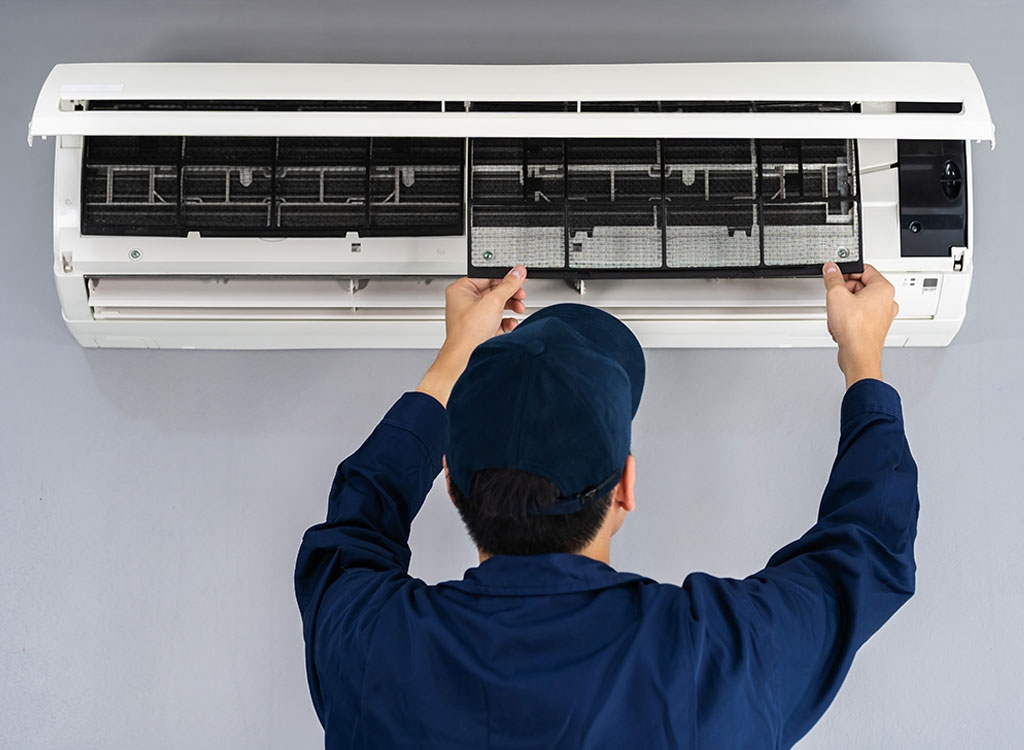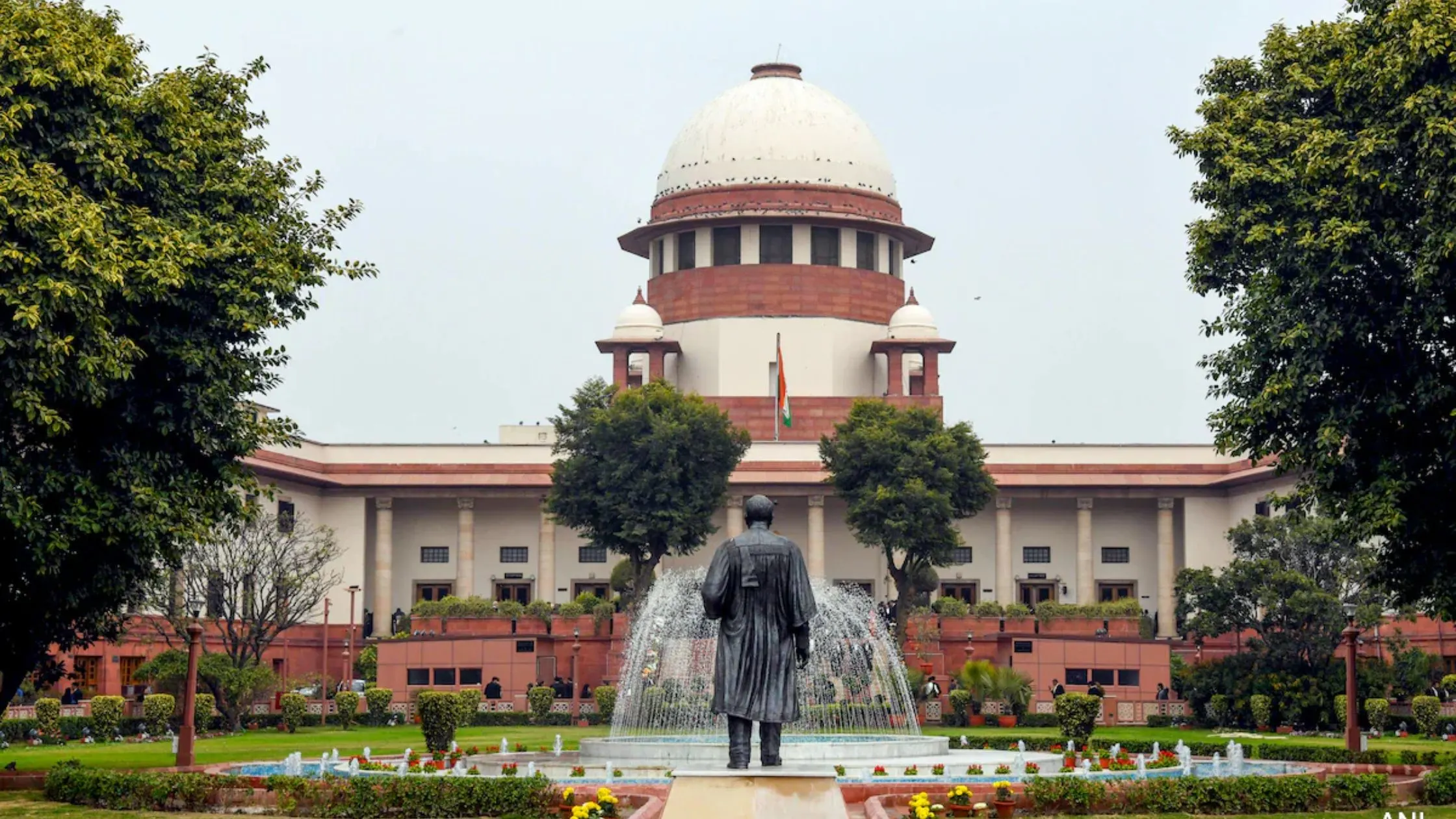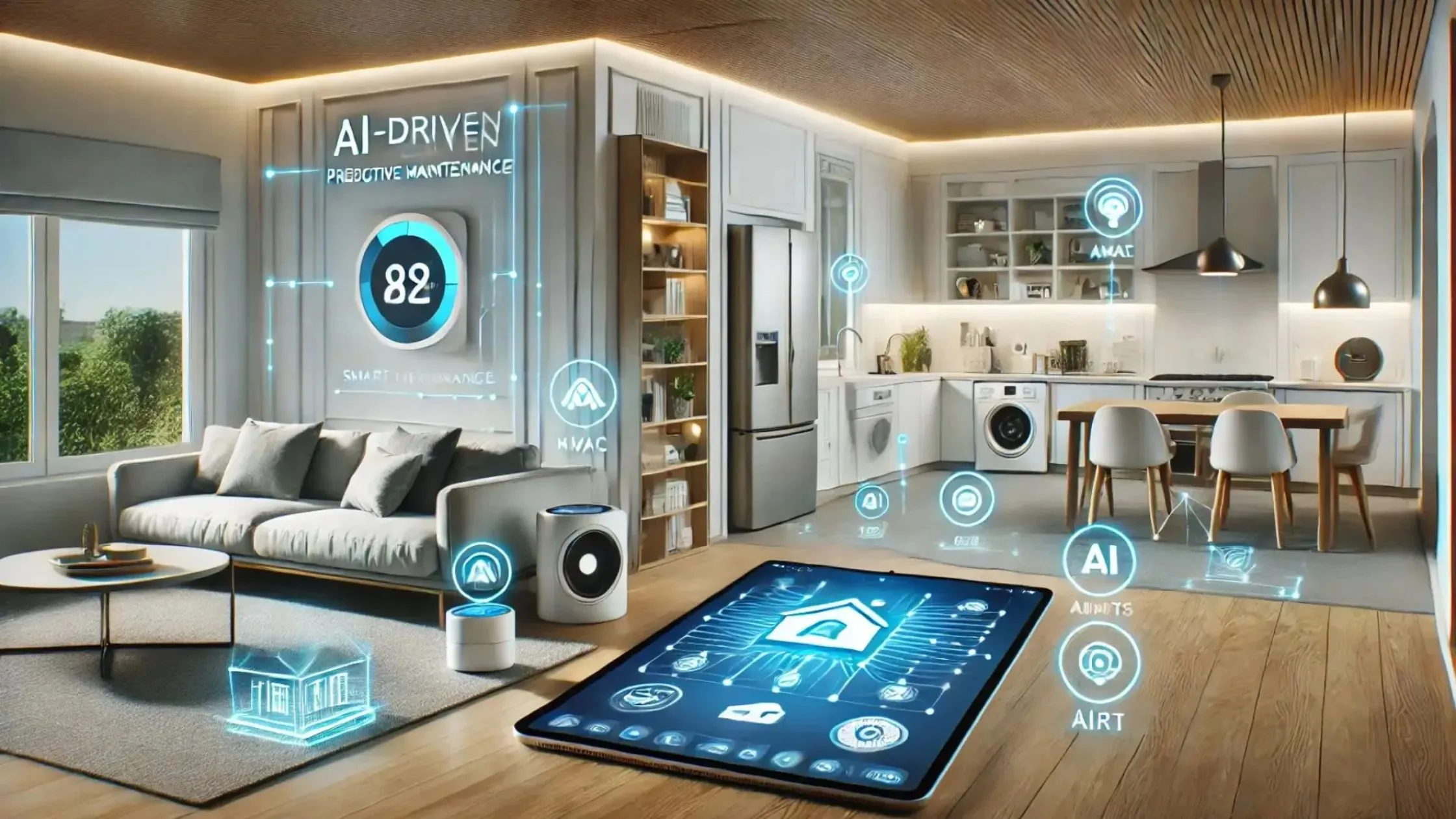Table of Content
▲
Air conditioners have become an integral part of our lifestyle, especially in a tropical country like India, where summers can be intense with varying conditions from dry heat to high humidity. They are essential for maintaining comfort and facilitating our daily activities efficiently. However, it's crucial to ensure proper care and maintenance of your AC units to ensure optimal performance in such extreme climatic conditions. This article serves as a concise guide to servicing and maintaining your ACs, covering essential care tips, troubleshooting techniques, and the significance of seeking professional advice.
Common AC problems and their remedies
AC systems can face various problems from time to time that need prompt attention to ensure functionality. Here are some of the common problems and ways to tackle them:
| Problem | Cause | Solution |
| Poor cooling performance | Dirty or clogged air filter, coolant issues or faulty thermostat | Clean or replace the air filter; check coolant levels and replenish if required; calibrate or replace the faulty thermostat |
| Power on issues | Problems with electrical components or the thermostat, or a blown fuse | Check the thermostat settings and replace the batteries of required; check the circuit breaker for blown fuse and replace as required; inspect and replace faulty wiring |
| Unusual noises | Grinding, squealing or banging sounds may be caused by loose or damaged parts, worn-out belts, or accumulated debris | Tighten the loose components; replace the damaged belts as required; remove debris, especially from fan blades |
| Leaking water | Excessive condensation or a clogged condensate drain line | Clean the condensate drain regularly; check the insulation of coolant lines to prevent condensation |
| Frozen evaporator coils | Restricted airflow, inadequate coolant, or dirty coils | Clean or replace dirty air filters; replenish coolant levels; clean coils and adjust blower setting for proper airflow |
| Uneven cooling | Poor insulation, ductwork issues, thermostat malfunction | Inspect insulation issues and address as required; seal gaps in ductwork; calibrate the thermostat for optimal temperature control |
| Foul odours | Mould, mildew and bacteria growth within the system | Clean the air filter regularly; go for mould and mildew inhibitors in the drip pan; install UV lights to inhibit growth |
| Short cycling | Frequent power switch in the AC due to thermostat issues, coolant levels or faulty compressor | Check and calibrate the thermostat; ensure adequate coolant levels; repair the compressor as required |
Also Read: 45 Essential Home Appliances List 2024
When to seek professional consultation?
Although many AC issues can be resolved at home with basic technical knowledge, it's prudent to seek professional assistance if problems persist. Here are situations where professional consultation should be considered:
Coolant issues
Insufficient coolant levels or leaks in the lines should be dealt with by a professional. HVAC technicians have the necessary tools and expertise to manage coolants safely, preventing spills or safety risks, and addressing associated issues.
Also Read: 11 Best TV Brands in India September 2024
Electrical problems
Common issues such as tripped circuit breakers, faulty wiring, or problems with the capacitor may occur. For safe resolution of these issues, it's advisable to seek assistance from a technician for accurate assessment and troubleshooting. Working with electrical components can pose potential hazards, making professional consultation the best course of action.
Compressor malfunctions
As a vital part of the AC system, the compressor typically necessitates specialized knowledge and tools for repairs if it malfunctions. If any issues are identified, it's recommended to seek professional assistance to ensure the most effective solution.
Complex repairs
Several AC repairs might involve intricate components and specialised technical knowledge that are beyond the scope of basic DIY efforts. Technicians with the necessary training and equipment to handle complex repairs should be consulted in these cases for efficient handling.
Ductwork issues
The ductwork of the AC system can encounter issues such as leaks, blockages, or insufficient insulation, which can significantly affect the system's efficiency. Professionals possess the necessary expertise to conduct comprehensive inspections and effectively address any problems that may arise in the ductwork.
Also Read: Door Decoration ideas: 25+ to make your house look more inviting in 2024
System replacement
In the case of old AC units, inefficiency and the need for frequent repairs are common problems. In such cases, professionals can help assess if it is more feasible to replace the unit. They can even provide the proper guidance and technical assistance to help you choose an energy-efficient system that suits your needs.
Safety concerns
If you notice burning smells, smoke or signs of potential fire hazards, make sure to turn off the unit immediately and consult a professional. Safety should always be the top priority and a trained professional can help address these safety issues in the most efficient manner.
Also Read: Best ways to deck up your 1BHK on a budget
Warranty considerations
If your system is still covered by warranty, seeking assistance from a professional may be more practical, as they can carry out the required repairs within the warranty terms. Attempting DIY fixes on the system could potentially invalidate the manufacturer's warranty and lead to financial losses.
Lack of cooling
It's recommended to inspect the thermostat, air filter, and basic components if your AC system isn't cooling adequately. If you're unable to identify the issue independently, it could signal the need to seek professional assistance. Persistent cooling issues may suggest a more intricate problem beyond DIY capabilities, necessitating expert diagnosis.
Preventive maintenance
Even if you don't notice any issues with your AC systems, it's wise to schedule professional maintenance to maintain efficient operation and preempt potential problems. Regular inspections conducted annually or semi-annually by certified technicians can be beneficial in this regard.
Regular maintenance tips
Alongside addressing specific problems and seeking professional help, some regular maintenance can do wonders for your AC system in minimising the risk of potential problems. Here are some preventive maintenance tips for the general health of the AC system:
- Clean or replace air filters: Consider cleaning the air filter every 1 – 3 months to ensure unrestricted airflow. If you have pets or allergies, you might need to do it more often
- Check and clean the coils: The evaporator and condenser coils need to be cleaned regularly since the accumulation of dirt might affect the heat exchange.
- Inspect and clean the condensate drain: Regularly flush the condensate drain using a bleach solution as a clogged drain can lead to water damage and affect humidity levels.
- Examine the thermostat: Check the thermostat settings to make sure that it provides accurate temperature control. Programmable thermostats can be reviewed and updated as required.
- Tighten electrical connections: Turn off the power and inspect the system for loose connections and terminals periodically. Tighten as required to avoid a system failure.
- Lubricate moving parts: Specific components such as fan and motor that use moving parts might need lubrication. Apply lubricant as required after consulting the manufacturer’s guidelines.
- Check coolant levels: If you observe a difference in cooling efficiency, consider checking the coolant levels and replenish as required.
- Check ductwork for leaks: Seal any leaks in the ductwork with appropriate materials to ensure optimal system performance.
- Clean and straighten coil fins: Straighten any bent fins using a fin comb and remove accumulated dirt or debris using a soft brush or vacuum to ensure proper airflow.
- Inspect the condenser: The outdoor condenser unit might be exposed to dirt and debris. Clean the surrounding area regularly and remove any obstructions.
- Test the system: Check the system periodically by switching it on and monitoring the performance. Any unusual sounds, odours or cooling patterns must be promptly addressed.
- Schedule professional maintenance: Professional maintenance of the system is recommended at least once a year. Technicians are better equipped to perform thorough inspection, identify potential problems and ensure peak performance.
- Check insulation: Check for damage around the coolant lines and repair or replace as required to maintain proper temperature control.
- Install a smart thermostat: Upgrading to a smart thermostat provides more accurate temperature control, energy savings and remote monitoring.
Also Read: 10+ Clever Smart Kitchen Appliances to Make Your Home High-Tech 2024


_1770964981.webp)






_1770976628.webp)
Ans 1. Annual professional servicing for AC systems is recommended. Additionally, regular maintenance can help prevent potential problems and prolong the lifespan of the system.
Ans 2. While basic maintenance tasks can be done at home, it is recommended to seek professional help for more complex issues as technicians possess the expertise to handle them suitably.
Ans 3. Dirty air filters, low coolant levels, or issues with the thermostat might lead to insufficient cooling. It is advisable to consult a technician for more accurate diagnosis.
Ans 4. Water leakage can be avoided by cleaning the condensate drain regularly, ensuring proper insulation of coolant lines and addressing any blockages in the system.
Ans 5. Regularly cleaning the components such as air filters and coils and ensuring proper insulation can help improve the efficiency. Additionally, schedule professional maintenance annually for better results.
Ans 6. If your AC unit is more than 10 - 15 years old and requires frequent repairs, you should consider upgrading. Consult a professional for the technical assistance on which system might be most suitable for your needs.